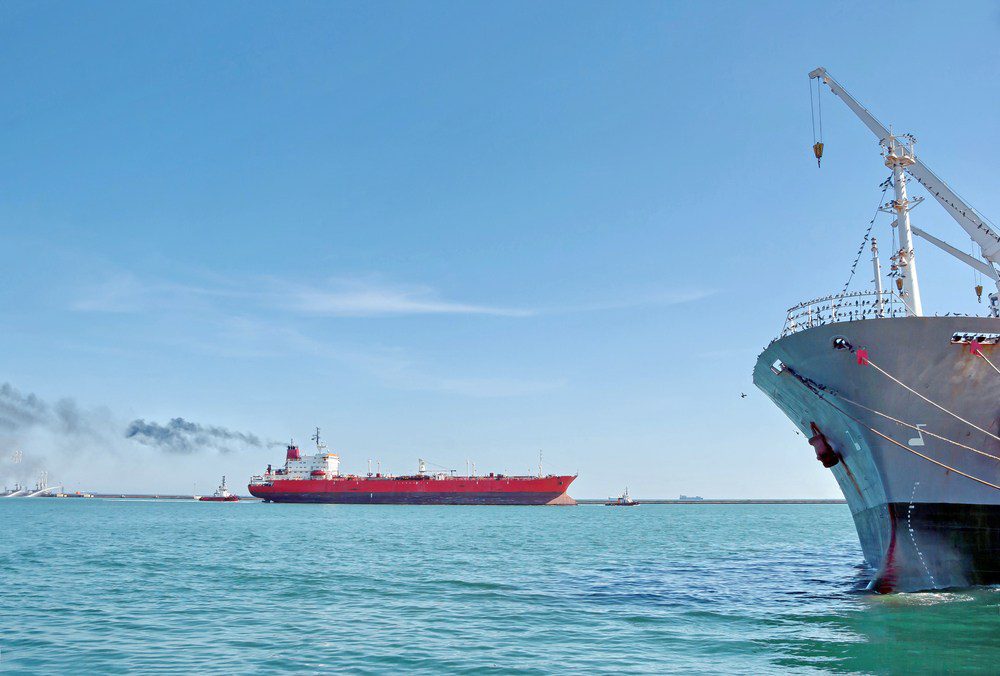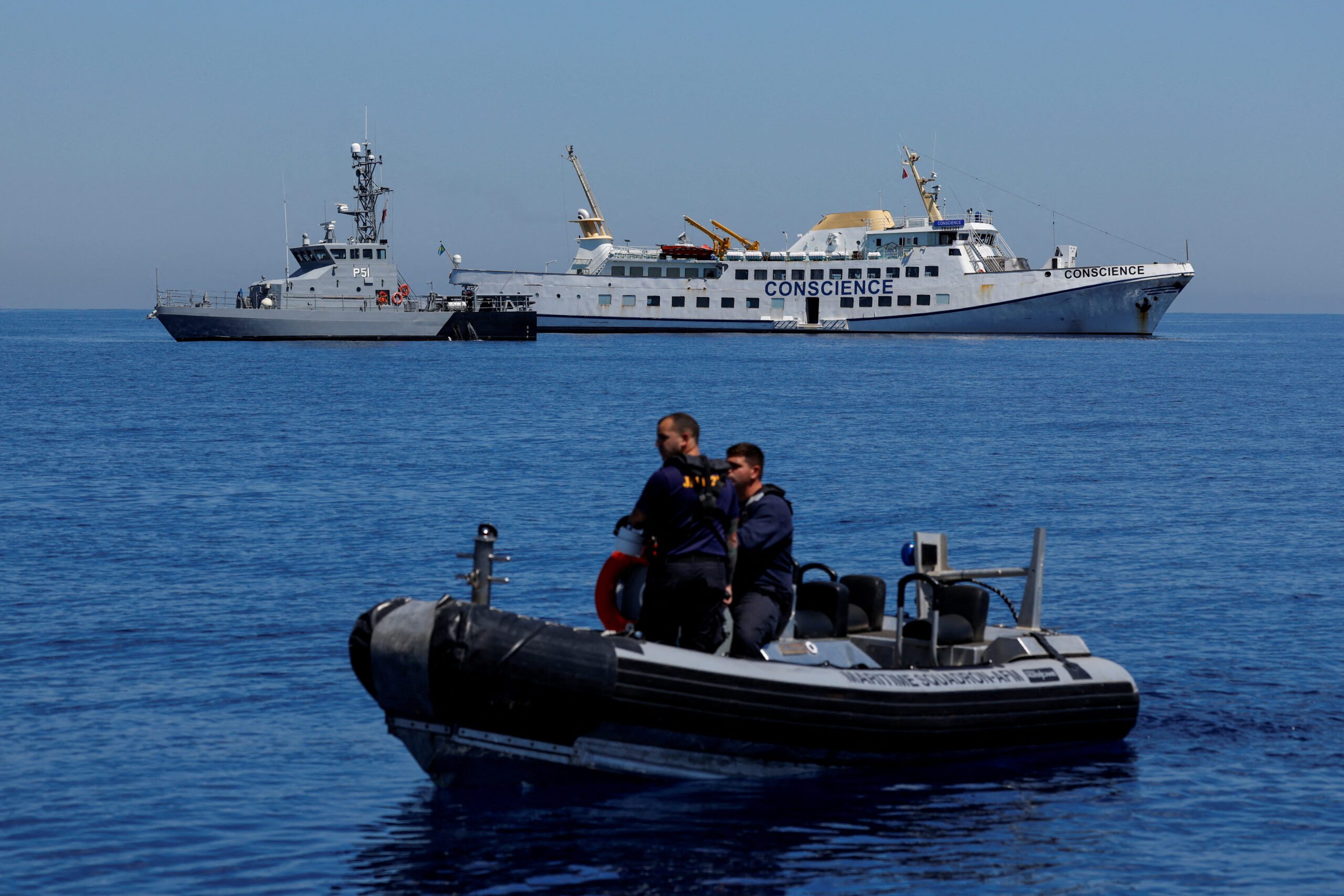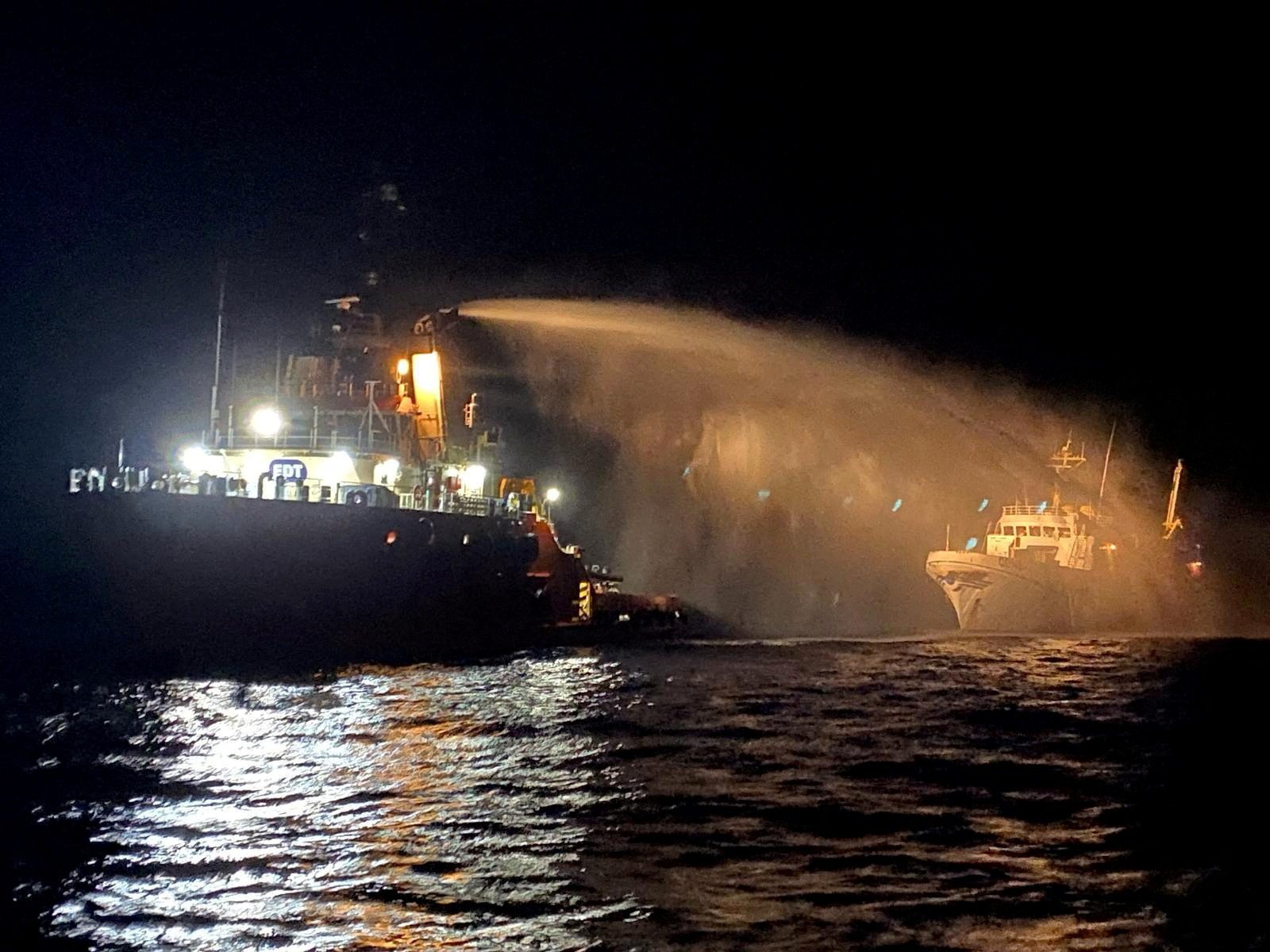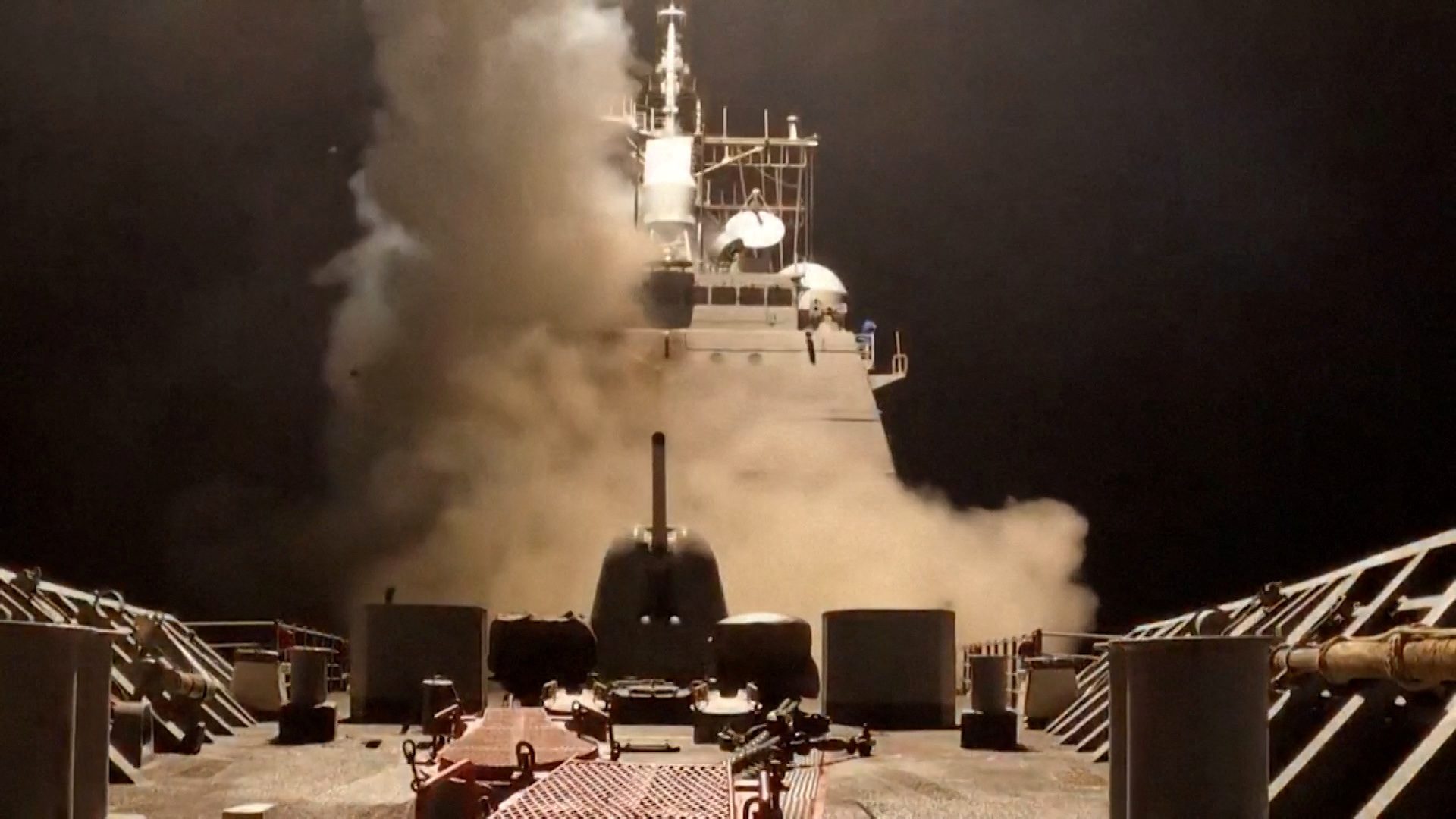Photo: Shutterstock/CNRN
 By Jonathan Saul
By Jonathan Saul
LONDON, Oct 27 (Reuters) – The United Nations’ shipping agency set global regulations on Thursday to limit the amount of sulfur emissions from vessels and said they would come into force from 2020.
A session of the International Maritime Organization’s (IMO) Marine Environment Protection Committee in London set the new requirements, which will see sulfur emissions fall from the current maximum of 3.5 percent of fuel content to 0.5 percent.
The move will add extra costs to the shipping industry at a time when parts of it are going through their worst ever downturn. Analysts estimate the additional costs for the container shipping sector alone could be $35-$40 billion.
And some also questioned whether refiners would undertake lengthy and costly investments to produce lower sulfur fuel, and so whether there would be enough produced to meet demand.
Environmental groups welcomed the outcome, as well as the 2020 start date. The IMO had considered the option of delaying introduction of the regulations until 2025.
“This is a landmark decision and we are very pleased that the world has bitten the bullet and is now tackling poisonous sulphuric fuel in 2020,” said Bill Hemmings of campaigner Transport & Environment.
“This decision reduces the contribution of shipping to the world’s air pollution impact from about 5 percent down to 1.5 percent and will save millions of lives in the coming decades.”
The shipping industry is among the world’s biggest sulfur emitters, with sulfur oxide content in heavy fuel oil up to 3,500 times higher than the latest European diesel standards for vehicles.
‘MUCH TO DO’
About 90 percent of world trade is transported by sea.
“There will be much to do between now and 2020 to ensure that sufficient quantities of compliant marine fuel of the right quality will indeed be available, and that this radical switch over to cleaner fuels will be implemented smoothly … without distorting shipping markets or having negative impacts on the movement of world trade,” said Simon Bennett, director of policy and external relations with the International Chamber of Shipping association, which also welcomed what it said was the clear decision by IMO member states on the 2020 date.
Switzerland-based MSC, the world’s No.2 container line, estimated its own additional annual fuel costs at $2.02 billion. The group said it had invested in energy and environmental protection in recent years.
“We fully support the industry’s initiatives to reduce emissions,” MSC chief executive Diego Aponte said.
“We are, however, mindful of the challenges involved in achieving full compliance, particularly when the industry is facing some exceptionally difficult times.”
Refiners will also be affected. Around 3 million barrels per day of high-sulfur fuel oil go into bunker fuel for ships, and most of that will be replaced with lower-sulfur distillates.
“The big thing that is unknown is the implementation roadmap. That will determine how disruptive this is going to be,” said Alan Gelder, head of refining research with energy consultancy Wood Mackenzie.
“The refineries will need to run in a way they have never run before.”
Refineries that do not have the ability to convert the fuel oil into higher quality products will struggle to remain profitable as this big outlet for lower-quality fuel disappears.
“Refiners will not invest to de-sulphurise fuel oil and there is not enough low-sulfur fuel oil to meet demand from the shipping sector,” said Robert Campbell, head of oil products research with consultancy Energy Aspects. (Additional reporting by Libby George and Ron Bousso; Editing by Susan Thomas and Mark Potter)
(c) Copyright Thomson Reuters 2016.

 Join The Club
Join The Club











